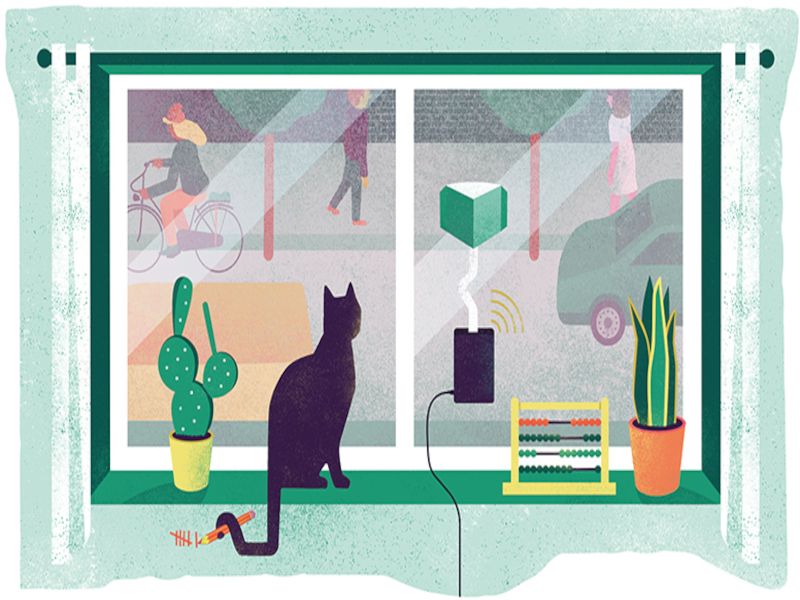WeCount
18082
From 2019 to 2021
WeCount installed more than 600 Telraam traffic sensors and engaged 800 citizens through online and hybrid events. TML contributed to key project deliverables and helped launch Telraam, a startup that supports local governments and citizen scientists in setting up sensor networks.
The WeCount project ran for two years, from November 2019 to November 2021. There was an almost complete overlap with the COVID-19 pandemic, which presented some challenges for a citizen science project that relied heavily on human interaction. Nevertheless, the project was successfully completed: more than 600 Telraam sensors were installed and activated and we spoke with more than 800 participating citizens in our five pilots spread over 50+ events. We adapted to the COVID situation and organised online and hybrid events with participating citizens. Over the past two years, we have learnt a lot and made many developments, which we explain below.
First, there are the project deliverables for anyone who wants to dive deep into the project activities and outcomes. These include a comprehensive description of the pilot studies, the technology used, and the project evaluation.
Second, we have compiled a long list of accessible resources for both interested citizens and practitioners of citizen science, which are free to use. Practitioners can recreate WeCount's pilot studies using our practice guide or use (elements of) the engagement tools, the traffic census data produced, the advocacy packages or school packages for use in education. Of particular interest to citizen science researchers is the short evaluation summary of our project, which contains all the essential information.
All these resources are included on WeCount’s Zenodo page.
Finally, WeCount was essential to bring Telraam to market as a sensor and product. During the WeCount project, Telraam traffic counting sensors were deployed outside the scope of the project. Telraam is now established as a new startup, to support citizen scientists and local governments to deploy their own sensor networks, in the same way we did with WeCount.
The WeCount project ran for two years, from November 2019 to November 2021. There was an almost complete overlap with the COVID-19 pandemic, which presented some challenges for a citizen science project that relied heavily on human interaction. Nevertheless, the project was successfully completed: more than 600 Telraam sensors were installed and activated and we spoke with more than 800 participating citizens in our five pilots spread over 50+ events. We adapted to the COVID situation and organised online and hybrid events with participating citizens. Over the past two years, we have learnt a lot and made many developments, which we explain below.
First, there are the project deliverables for anyone who wants to dive deep into the project activities and outcomes. These include a comprehensive description of the pilot studies, the technology used, and the project evaluation.
Second, we have compiled a long list of accessible resources for both interested citizens and practitioners of citizen science, which are free to use. Practitioners can recreate WeCount's pilot studies using our practice guide or use (elements of) the engagement tools, the traffic census data produced, the advocacy packages or school packages for use in education. Of particular interest to citizen science researchers is the short evaluation summary of our project, which contains all the essential information.
All these resources are included on WeCount’s Zenodo page.
Finally, WeCount was essential to bring Telraam to market as a sensor and product. During the WeCount project, Telraam traffic counting sensors were deployed outside the scope of the project. Telraam is now established as a new startup, to support citizen scientists and local governments to deploy their own sensor networks, in the same way we did with WeCount.


